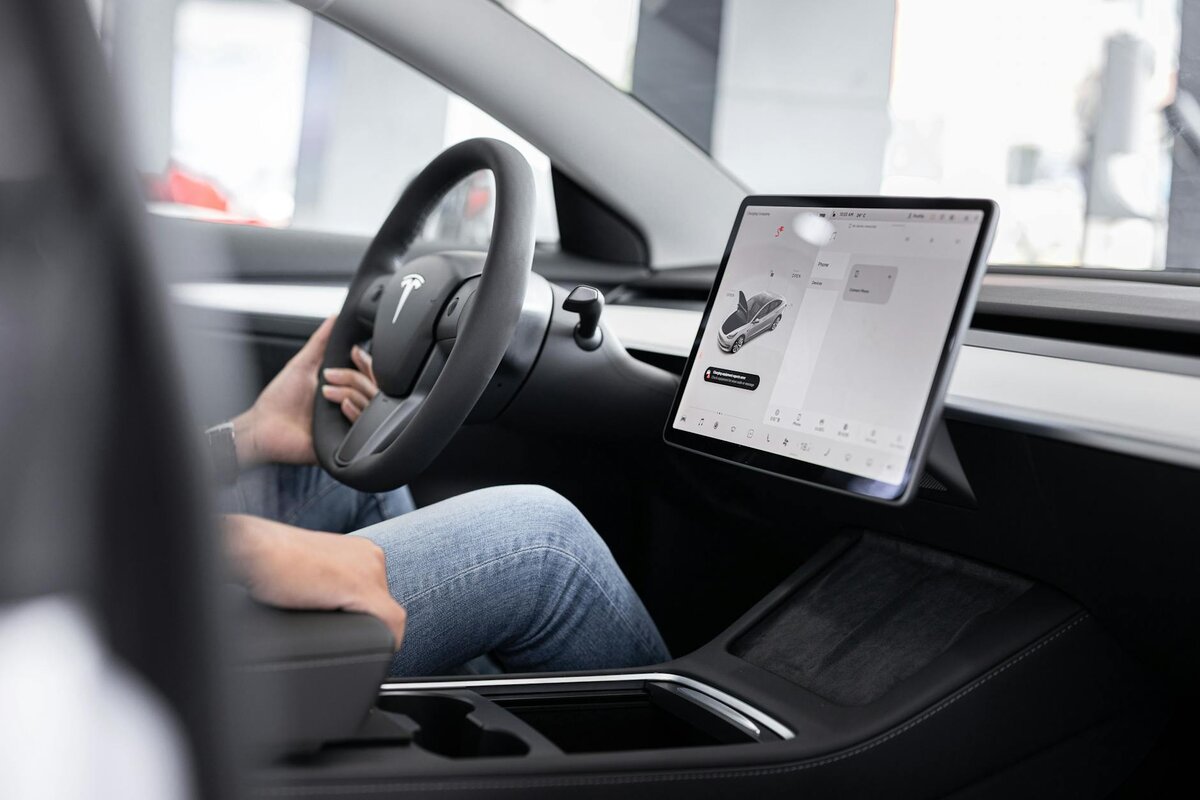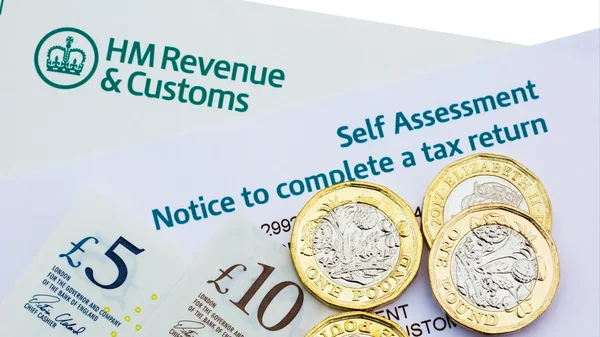A Closer Look at This Topic
When it comes to understanding tax-efficient benefits like electric company cars, it’s important to go beyond the basics. This section takes a deeper dive into the finer details of Benefit in Kind (BIK) tax, how it's calculated, and why electric vehicles offer such a compelling option for both employers and employees. From tax savings to environmental incentives, let’s explore what makes EVs a smart choice.
What is BIK tax on electric cars?
Benefit in Kind (BIK) is how HMRC taxes you for perks received from your employer, including company cars. The benefit is taxed as part of your overall income, meaning you pay tax on the value of the benefit you get from having personal use of the car. For electric vehicles, the company car bik rates are currently just 2% of the car’s list price (for tax year 2024/25). This incredibly low rate is what makes EVs so tax-efficient.
To put this in perspective, most petrol and diesel cars have company car bik rates between 25-37%. This makes them much more expensive as company cars in terms of how they are taxed. The tax is collected through your pay as you earn (PAYE) system. It comes directly out of your monthly salary based on your employee's income tax band.
How to work out your electric car BIK tax
Bik calculations for electric cars are essential to understand the tax advantages and net costs for employees. Calculating BIK tax for an electric car is straightforward. Take the vehicle's P11D value (the list price including options, delivery charges, and VAT, but excluding first registration fee and road tax).
Multiply this value by the BIK percentage rate (currently 2% for pure electric cars). This step helps determine how much benefit you will be taxed on. Then multiply this figure by your income tax rate (20% for basic rate taxpayers, 40% for higher rate, or 45% for additional rate).
For example, if you have a £40,000 electric car, the taxable benefit is £800 (2% of the vehicle's £40,000 P11D value). A higher-rate taxpayer would pay £320 in BIK tax annually, just £26.67 per month!
BIK rates for electric cars: now and in the future
The current 2% BIK company car tax rate for pure electric cars is fixed until April 2025. This offers amazing tax savings for early adopters, especially for those choosing fully electric cars that rely solely on electric power.
From April 2025, company car tax rates will gradually increase: 3% in 2025/26, 4% in 2026/27, and 5% in 2027/28. Even with these increases, EVs will remain much more tax-efficient than conventional alternatives, especially when compared to the most polluting cars, which face the highest BIK rates.
Hybrid vehicles have different company car tax rates based on their electric range. The more miles they can travel on electric power alone, the lower their BIK rate. When I switched to an electric company car last year, my monthly tax bill dropped from £320 to just £28. The savings have been genuinely life-changing. This gradual increase gives businesses and employees time to plan. It still provides substantial tax incentives for switching to electric.

Comparison of electric cars vs. other company cars
When it comes to company car tax, electric cars stand out as the most cost-effective choice for company car drivers. The benefit in kind (BIK) tax rate for electric company cars is significantly lower than for petrol and diesel cars, making them a smart financial decision for both employees and employers.
For the 2025/26 tax year, the BIK rate for electric cars is set at just 3%, with gradual increases of 1% each year until 2027, and then 2% annually until it reaches a maximum of 9% in 2029. In contrast, diesel cars can attract BIK rates as high as 37%, and petrol and diesel cars generally fall into much higher company car tax brackets.
To put this into perspective, consider a company car driver in the 40% income tax bracket: choosing a Tesla Model Y as an electric company car could mean paying around £47 per month in BIK tax, while a similarly priced BMW 3 Series petrol car could result in a monthly BIK tax bill of £458. That’s a saving of over £400 every month, simply by opting for an electric vehicle. On top of this, electric company cars are exempt from Vehicle Excise Duty (VED) until 2025, further reducing the overall tax burden compared to petrol and diesel models.
These substantial tax benefits, combined with lower running costs and environmental advantages, make electric cars the clear winner for company car drivers looking to save money and reduce their tax liabilities. As BIK rates for electric vehicles remain far below those for conventional vehicles, the financial case for making the switch continues to strengthen with each tax year.
Electric car salary sacrifice schemes
EV salary sacrifice is a tax-efficient way to access electric vehicles, allowing employees to drive an electric car while saving money and reducing emissions. Salary sacrifice is where you exchange part of your gross salary for a benefit, in this case, an electric car. This can create even bigger savings on top of the low BIK rates.
By reducing your gross salary, you pay less income tax and National Insurance. However, you will need to pay BIK tax on the electric vehicle as it is considered a taxable benefit. Your employer also saves on their NI contributions, often allowing them to pass on some savings to you. For a higher-rate taxpayer, combining salary sacrifice with the low BIK rate can make an electric car significantly cheaper than buying privately.
These schemes must be set up properly to comply with HMRC rules. Make sure your employer works with a reputable provider. Breakdown cover is often included as part of the comprehensive package in salary sacrifice schemes, providing extra peace of mind.
Other tax benefits for electric cars
Beyond the low BIK rates, electric cars come with several other tax advantages, often referred to as electric car tax benefits. They’re currently exempt from Vehicle Excise Duty (road tax), saving you at least £165 annually.
Businesses buying an electric car as a company vehicle can claim 100% first-year capital allowances. This means writing off the full cost against taxable profits in year one. Electric vans also benefit from attractive tax incentives for businesses, making them a cost-effective choice for commercial fleets. If your employer pays to charge your electric car (at work or at home), you don’t pay the fuel benefit charge. This is another saving compared to petrol cars, diesel car options, and other vehicles.
Electric cars are also exempt from many congestion charges and clean air zone fees, unlike petrol or diesel models. This potentially saves hundreds more each year for urban drivers. By choosing electric vehicles, you help reduce CO2 emissions and contribute to a greener future.

EV charging and BIK tax implications
One of the standout tax benefits of electric company cars is the treatment of EV charging. The cost of charging your electric vehicle at work is not considered a benefit in kind for employees, meaning it’s a tax-free perk. This allows company car drivers to enjoy the convenience of workplace EV charging without any additional income tax or benefit in kind tax liability.
However, employers do have certain obligations. The value of the electricity provided for EV charging must be reported to HMRC as a taxable benefit, and employers are required to pay Class 1A National Insurance contributions on this amount. The taxable benefit is calculated based on the actual cost of the electricity supplied for charging company cars. While employees don’t pay income tax on this benefit, it’s important for employers to keep accurate records to ensure compliance.
To further support the transition to electric vehicles, employers can take advantage of the Workplace Charging Scheme. This government initiative offers a grant of up to £350 per socket, covering up to 75% of the installation costs for EV charging points at the workplace. By providing these facilities, companies not only help employees reduce their carbon footprint but also enhance the tax benefits associated with electric company cars.
Additionally, electric vehicles are exempt from congestion charges in many UK cities, offering further cost savings for employees who regularly drive in urban areas. With lower BIK rates, tax-free EV charging, and exemptions from congestion charges, electric company cars deliver a comprehensive package of tax advantages that make them an increasingly attractive option for both employers and employees.
BIK tax questions about electric cars
Many people wonder if charging at work is taxable. Good news, electricity isn't considered 'fuel' for benefit purposes, so employer-provided charging is tax-free.
Another frequent question is about home charging costs. If your employer pays for a home charger or reimburses your home charging costs, this isn't taxable either. People often ask if the 2% rate applies to used electric cars too. It does, BIK is based on the car's original list price, not what your company paid for it.
What about taking cash instead of a car? This is usually less tax-efficient, as the entire cash amount would be subject to tax and NI.
Final Thoughts
Despite planned increases, BIK rates for electric cars will remain incredibly competitive through to 2028. This makes them the most tax-efficient choice for company car drivers.The combination of low BIK rates, salary sacrifice options, and other tax benefits creates substantial savings. These can make premium electric cars surprisingly affordable.
If you're considering a company car, running the numbers on an electric option could reveal significant advantages. These make the switch to electric even more compelling.
Pie Tax
Figuring out the exact tax implications of a company electric car shouldn't require a maths degree, and you definitely shouldn't need an accountant on speed dial.
The Pie tax app makes it simple. Instantly calculate your Benefit in Kind (BIK) liability for any electric car and see real-time tax estimates. You can enter all your P11D and BIK details directly into the app and even submit them straight to HMRC. That means no more guessing, you'll always know exactly how much your company car is really costing you.
Curious how an electric company car could affect your tax? Explore the Pie tax app and see the difference for yourself.










